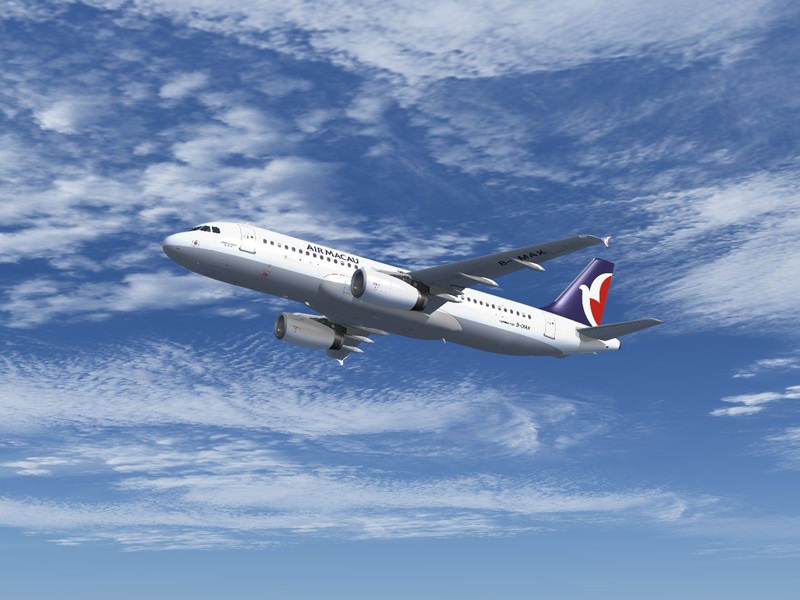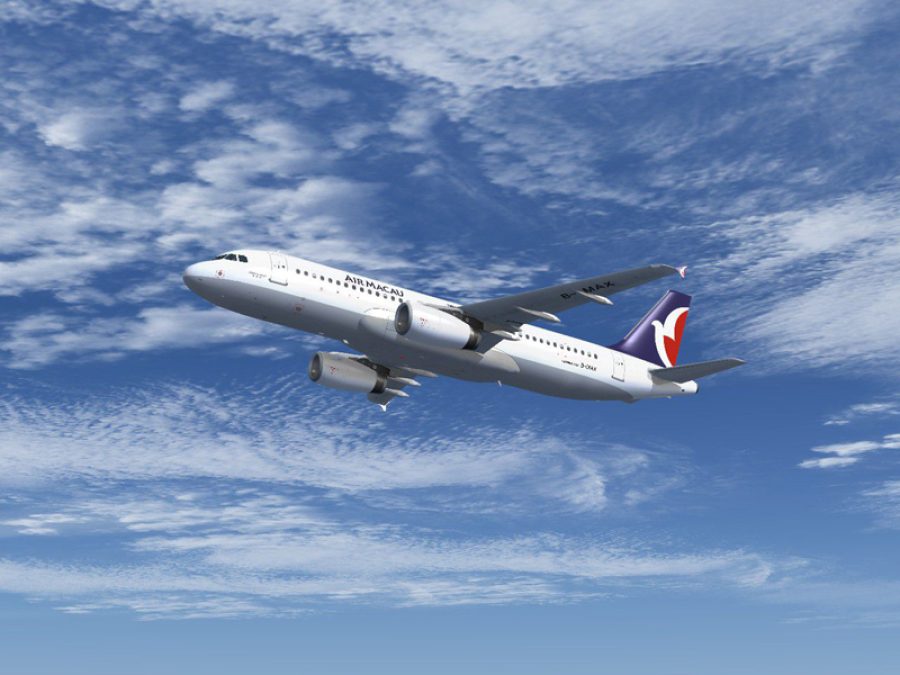The civil aviation authorities of mainland China and Macau signed an air transport deal in Beijing this week.
According to a statement by the Macau Civil Aviation Authority (AACM), the memorandum of understanding (MOU) increases the destination points on the mainland to 68. It also extends the destination area for scheduled and chartered helicopter services.
Civil Aviation Administration of China (CAAC) and AACM representatives met in Beijing on Monday and Tuesday for civil aviation talks that resulted in the MOU that increased the number of mainland Chinese destination points from 57 to 68, while the capacity for Shanghai (Pudong and Hongqiao airports) was raised from 78 to 96 flights per week by each side.
According to the statement, the capacity for Beijing remains at 56 flights per week by each side. The original capacity limitations for Shenzhen have been scrapped, and all the other mainland destinations are not bound by capacity restrictions.
Concerning the MOU’s helicopter segment, the destination area for scheduled and chartered helicopter flights has been extended from only Shenzhen to the whole of Guangdong province, which includes the major part of the Greater Bay Area (GBA).
According to the statement, both delegations said they believed that scheduled and chartered helicopter services aimed at high-end passengers “will have good prospects.”
Moreover, responding to the potential triggered by the recently opened Hong Kong-Zhuhai-Macau Bridge (HZMB), the two delegations agreed to implement an inter-modal code-sharing service, which will allow designated airlines from both sides to cooperate with sea and road transport operators in the Pearl River Delta (PRD).
In the first phase, the sea-air link can connect Macau with Dongguan, Guangzhou, Shenzhen, Zhongshan and Zhuhai, while the road-air link can connect Macau with the whole of Guangdong province.
“Both sides also agreed to study the extension of the inter-modal code-sharing service to other cities and explore the possibility of a rail-air link in the future,” the statement said.
The MOU, which took immediate effect, was signed by CAAC Deputy Director-General Yu Biao and AACM President Simon Chan Weng Hong.






